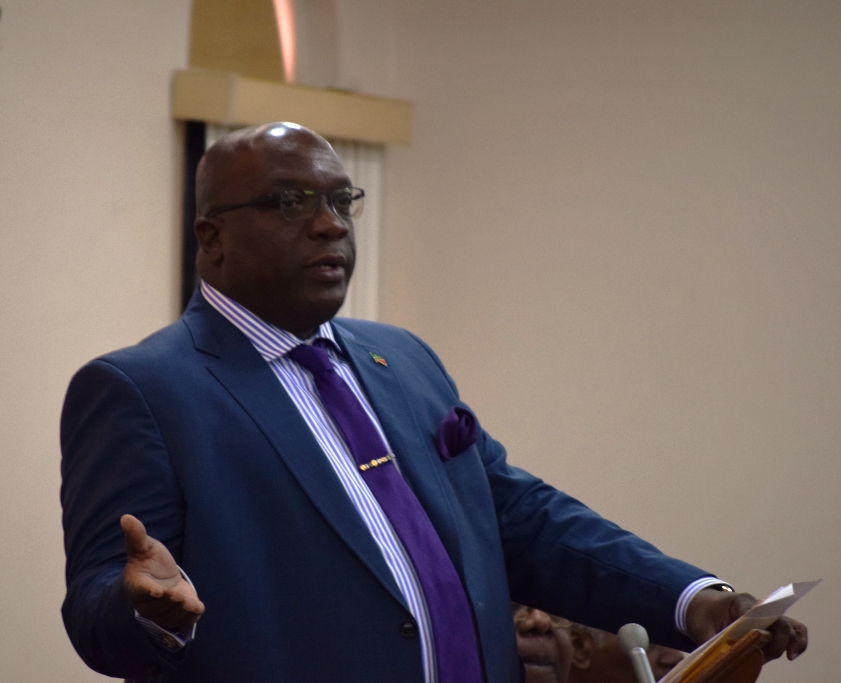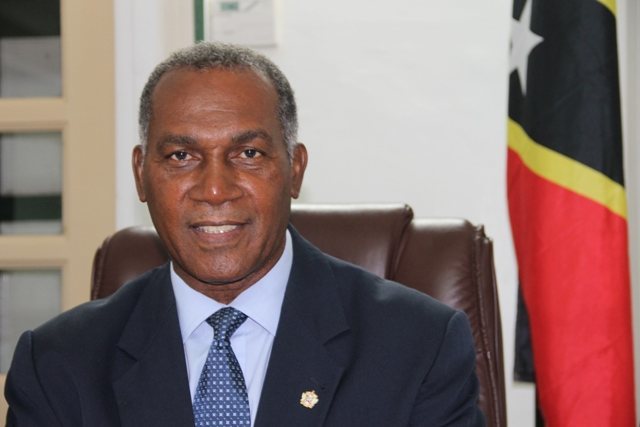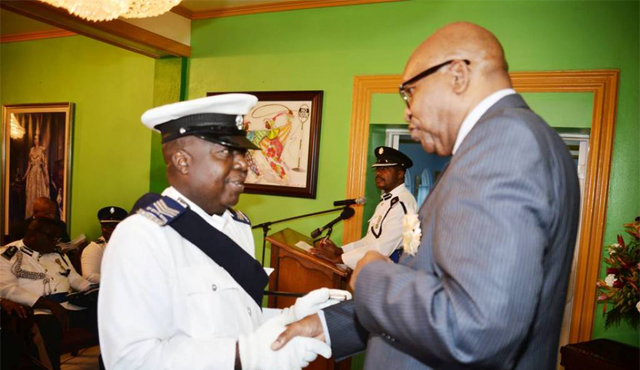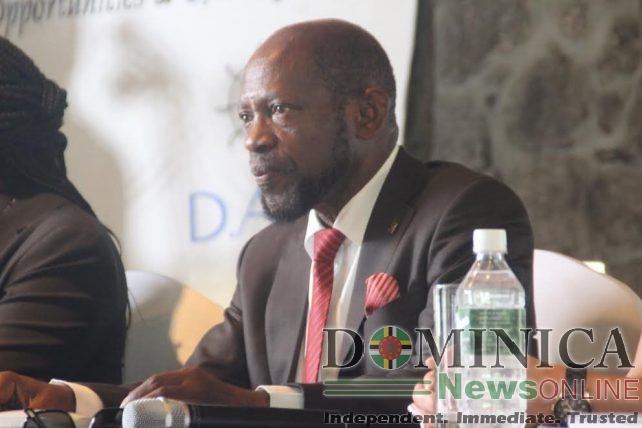Basseterre, St. Kitts, December 13, 2016 (SKNIS): Prime Minister and Minister of Finance, Dr. the Honourable Timothy Harris, updated the general public on the status of the Sugar Industry Diversification Foundation (SIDF) during the Sitting of Parliament on Tuesday, December 13.
Dr. Harris noted that there have been a number of issues with the SIDF leading up to the 2015 elections to which Team Unity spoke to with respect to the establishment and operations of the organization. He noted that concerns were based on the view “that (I) a body set up to receive funds derived from the Citizenship by Investment Programme must be accountable to the people of this country through its Parliament, and must not just be deposited into a private foundation and out of sight with no direct accountability to the Government and by extension the people of St. Kitts and Nevis, and (II) the very significant amount of funds deposited into the SIDF were being used to further projects, the viability of which has not been demonstrated, nor was the ability of those projects to diversity or grow the national economy clearly ascertainable”.
Prime Minister Harris said that upon taking office in February 2015, plans were put in place to address the concerns.
“Priority was given to understanding the workings of this private foundation which was being put in receipt of quite significant sums of money from the Citizenship by Investment Programme,” said Dr. Harris, while adding that a Board of Councillors was appointed with Dr. Robertine Chaderton as Chairperson. “The Board also comprises Mr. McClure Taylor, an attorney at law; Mr. Leon Lescott, who has vast experience in the hospitality industry; and Mrs. Marguerite Foreman, also an attorney at law, appointed as Secretary.”
Prime Minister Harris spoke to the auditing firm Ernst & Young (EY) that was retained to conduct a review from 2010 to 2015. He noted that reports revealed that understanding the workings of the SIDF was not an easy task.
“The Board was also informed that the SIDF has made decisions and spent vast amounts of funds without keeping proper records, such as board meeting notes, reports, opinions, or minutes of meetings – any of which would reveal on what basis certain decisions were taken with respect to these vast levels of expenditure,” said Dr. Harris. “A relevant minute with respect to a decision to spend millions of dollars, if it existed at all, would take up only a few lines, and there would be no detailed reason given as to why the particular decision was made.
“The Ernst & Young report has shown that since its inception, to the year 2014, the SIDF has been the beneficiary of just about EC$1.5 billion dollars,” he said. “However, over the same period the SIDF has spent approximately 1 billion dollars with approximately EC$500 million spent in the two years prior to the 2015 General Election, almost double the normal annual expenditure of the SIDF since its inception. Among those rather startling levels of expenditure, was the discovery that about $150 Million dollars was spent on miscellaneous grants and donations in the two years leading up to the 2015 General Election. Most unfortunately but not unexpectedly, the SIDF operations were just another example of the gross profligacy for which the last administration had achieved most notoriety.”
Dr. Harris noted that the Board was also informed that the SIDF operated for well over eight years “without by-laws and also without any formal internal process for feasibility assessments, return on investment analyses, and risk assessments, despite distributing vast sums of money which belonged to the people of St. Kitts and Nevis”.
-30-









